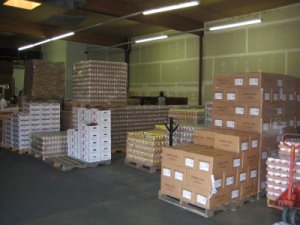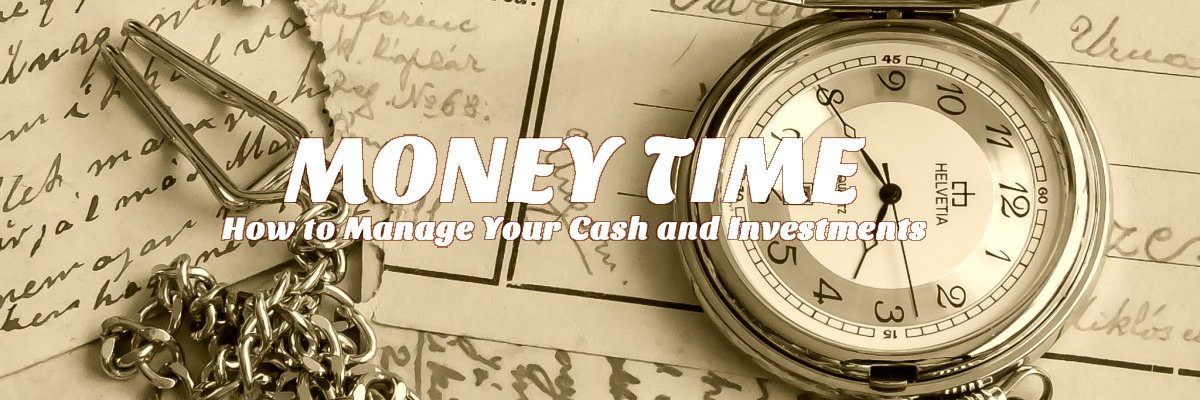 One of the most annoying and pervasive shopping myths is the idea that if you only shop at warehouse “clubs” or only buy from the bulk merchandise section at a grocery store that you will automatically save money over buying a lot of smaller items together. The truth is more complicated than that for the simple reason that if it were really always cheaper to buy in bulk everyone would be doing that by now.
One of the most annoying and pervasive shopping myths is the idea that if you only shop at warehouse “clubs” or only buy from the bulk merchandise section at a grocery store that you will automatically save money over buying a lot of smaller items together. The truth is more complicated than that for the simple reason that if it were really always cheaper to buy in bulk everyone would be doing that by now.
Bulk products can be just as expensive and sometimes more expensive than the smaller items you see on most grocery store shelves. You have to compare prices by weight and/or number of components in order to find the best deals. And even though the manufacturers or the retailers themselves may offer incentives to their customers that change the values being compared.
For example, you may be able to find manufacturer coupons and store coupons for the same products. These coupons, while usually provided for smaller items, are occasionally extended for bulk items, too.
If coupons are still valid during a store-wide sale, a manufacturer’s promotional sale, or when items go on clearance then you may be able to enjoy steep discounts on both bulk and non-bulk merchandise.
But in addition to the prices you pay at the stores there may be hidden costs that you should take into consideration. For example, do you have to drive farther to buy in bulk than to buy smaller packaging for the same items? That extra time and gas you spend driving to the shopping warehouse or store with bulk sections adds to the cost of the things you buy, and the fewer things you buy on a long shopping trip the more expensive those things become.
Another hidden cost is what you allocate for storage and preservation. You may be forced to throw out or give away perfectly good food simply because you just bought a lot of new food at the grocery store. The amount of food you waste throughout any given year may be substantial.
Buying in bulk may lead to additional waste if you cannot eat perishable food before it reaches the end of its safe period. If you don’t use everything you buy then the cost of what you use goes up by the amount or value of what you do not use.
As appealing as the idea of buying your groceries in bulk may seem, it’s not always such a good idea. Make bulk purchases of highly perishable food only when you are sure the food will be eaten. For example, if you are feeding a large family, have frequent dinner guests, or provide food for groups then buying in bulk probably makes a lot of sense even if the prices don’t save you much money.
If you can subdivide your bulk groceries so that you extend their shelf-lives, then you should do so. By rebagging foods in sealable containers and bags you stand to gain the most return on your investment.
